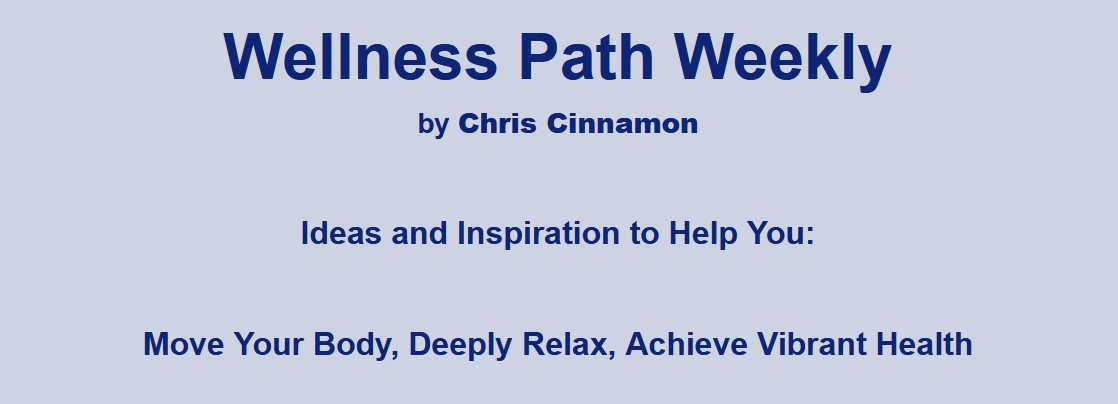
8 December 2022
Are NSAIDs Bad for Your Knees?
Recent Research Suggests: Yes
Today's WPW focuses on an issue facing millions of adults— knee pain.
All of us who have dealt with, or are dealing with knee pain, are familiar with the most common treatment in Western Medicine.
Take a pill.
The most common pain drugs for knee pain are NSAIDs (Non-Steriodial Anti-Inflamatory Drugs).
Aspirin is one. Ibuprofen (Advil, Motrin, Aleve) and Naproxen are others.
Recent research suggests this pervasive treatment may make your knees worse.
Study: NSAID Use May Lead to Increased Pain and Decreased Function in Knee Osteoarthritis Patients
Two weeks ago, at the Annual Meeting of the Radiological Society of North America, held here in Chicago, researchers reported on a recent study evaluating long-term NSAID use and inflammation in knee OA patients.
The Study
The study involved 721 subjects with knee OA. 129 subjects used NSAIDs regularly. 592 that did not.
Researchers measured cartilage quality and synovial inflammation at the start of the study and 4 years later.
Synovial tissue lines the knee joint, helping nourish and lubricate the joint. It tends to become inflamed and painful with knee OA.
The Results
For those taking NSAIDs, markers of inflammation significantly increased over 4 years, compared with those that did not take NSAIDs.
The study concluded, "No long-term structural benefit of NSAID use in patients with OA could be found. Furthermore, users showed more synovitis [inflammation of the synovial tissue] at baseline and ... 4 years, which may lead to an increase in pain and a decrease in joint function."
The lead researcher, Dr. Johanna Luitjens said, "In this large group of participants, we were able to show that there were no protective mechanisms from NSAIDs in reducing inflammation or slowing down progression of [knee OA]."
A surprising result from the most common treatment for knee OA pain.
How could NSAID use make Knee OA worse?
The study did not explore mechanisms linking NSAID use to worsening knee OA. More research is required to determine that.
One possibility— NSAID use decreases pain signals. Reducing in pain signals allows people to engage in physical activity that "pounds their knees."
That "pounding" could cause further deterioration of joint cartilage, more damage to surrounding structures, and more pain.
The Upshot
NSAIDs remain a pervasive treatment for managing knee OA pain. The drugs can provide temporary pain relief. The study shows that the temporary pain relief may come at a high cost— more inflammation and pain later.
How to Heal Knee Pain Naturally
Looking for ways to help your knee pain naturally, without the drugs?
That's where my Tai Chi for Knee Health System comes in.
In Tai Chi for Knee Health, you learn low-impact, Tai Chi-based exercises that help you heal your knees.
That's how I, and thousands of others, have eliminated chronic knee pain.
My book guides you through the full Tai Chi for Knee Health System.
My video course,Tai Chi for Knee Health Masterclass, presents the material in easy-to-follow video lessons.
Perfects gifts for knee pain sufferers. Including you!
To learn more, click the links above.

Chris Cinnamon, JD, MS
Certified Exercise Physiologist
Head Instructor
Author, Tai Chi for Knee Health